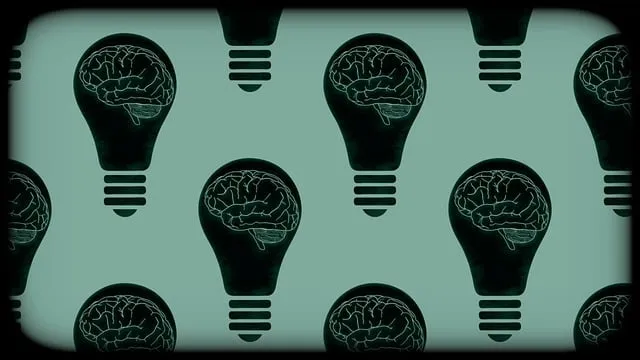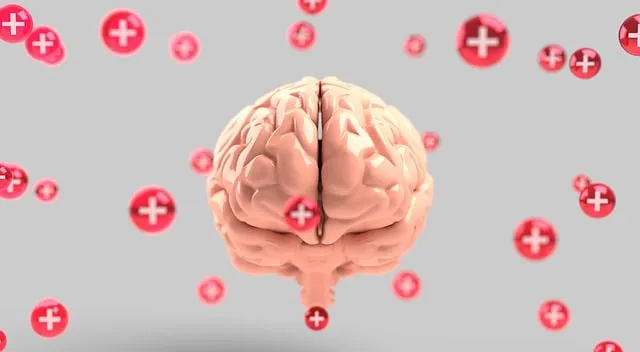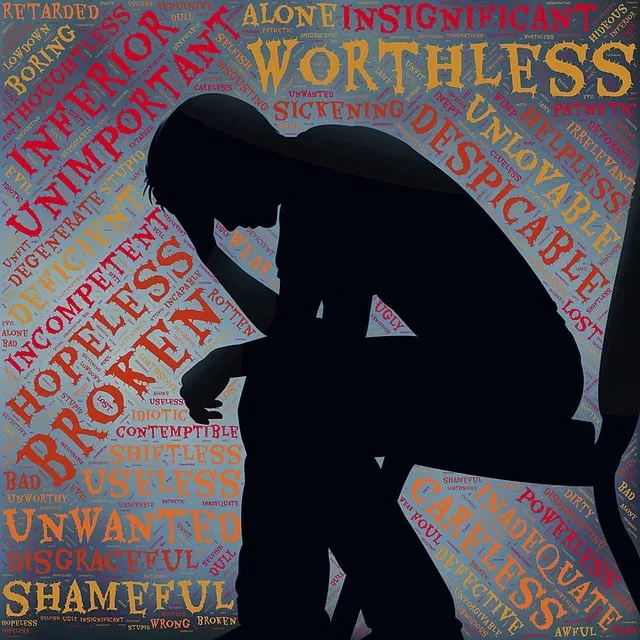Kaiser Permanente Mental Health Highlands Ranch leads the fight against stigma, a significant barrier to mental healthcare, through targeted initiatives like Crisis Intervention, emotional well-being promotion, and empathy building. They engage the community with events and workshops tailored to diverse needs, empowering individuals with coping strategies and fostering open conversations about mental health. By shaping media narratives, they challenge stereotypes and encourage help-seeking behaviors, while advocacy groups and policymakers collaborate with Kaiser Permanente to implement accessible resources and policy changes that promote understanding and dispel myths, ensuring a supportive environment for mental wellness.
Mental illness stigma remains a significant barrier to effective treatment, impacting individuals’ willingness to seek help. This article explores comprehensive strategies to reduce stigma, drawing insights from Kaiser Permanente Mental Health Highlands Ranch’s experiences in enhancing patient care. We delve into the power of community engagement and education programs, examine the influence of media representation, and advocate for policy changes. By implementing these measures, we aim to foster a more supportive environment, mirroring Kaiser Permanente’s success, where mental health is treated with the same compassion as physical well-being.
- Understanding the Impact of Stigma on Mental Health Treatment at Kaiser Permanente Mental Health Highlands Ranch
- Strategies for Community Engagement and Education to Reduce Stigma
- The Role of Media Representation in Challenging Mental Illness Stigma
- Effective Advocacy and Policy Changes to Eradicate Mental Illness Stigma
Understanding the Impact of Stigma on Mental Health Treatment at Kaiser Permanente Mental Health Highlands Ranch

At Kaiser Permanente Mental Health Highlands Ranch, understanding the profound impact of stigma on mental health treatment is paramount. Stigma acts as a significant barrier, often deterring individuals from seeking necessary care and support. This can lead to delayed access to treatment, exacerbating existing conditions and potentially driving people into crisis. When left unaddressed, the consequences extend beyond the individual, impacting families and communities at large.
The center has recognized the critical need for stigma reduction efforts, incorporating initiatives such as Crisis Intervention Guidance, Emotional Well-being Promotion Techniques, and Empathy Building Strategies. These programs are designed to foster a culture of understanding and compassion, encouraging open conversations about mental health challenges. By breaking down barriers and promoting empathy, Kaiser Permanente Mental Health Highlands Ranch aims to ensure that all individuals receive the support they need without fear of judgment or discrimination.
Strategies for Community Engagement and Education to Reduce Stigma
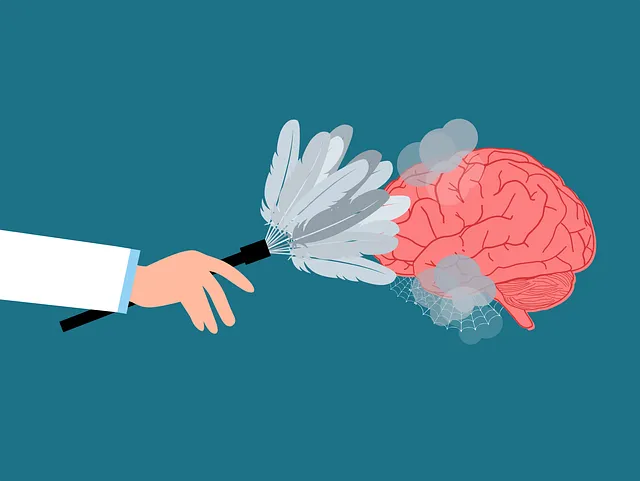
Community engagement and education play a pivotal role in Kaiser Permanente mental health Highlands Ranch’s stigma reduction efforts. Hosting workshops, seminars, and open dialogues allows for direct interaction between mental health professionals and community members, fostering understanding and empathy. These events can be tailored to specific concerns, offering insights into various mental illnesses, treatment options, and recovery strategies. By demystifying mental health issues, the community becomes more supportive, encouraging individuals to seek help without fear of judgment.
Integrating resilience-building programs within these engagements is a powerful approach. Teaching coping mechanisms and fostering a culture of open conversation helps in breaking down barriers. Additionally, risk management planning for mental health professionals can be discussed, ensuring practitioners have the tools to navigate challenging situations with empathy and expertise. These strategies collectively contribute to a more compassionate community, where mental illness is met with care and support rather than stigma.
The Role of Media Representation in Challenging Mental Illness Stigma
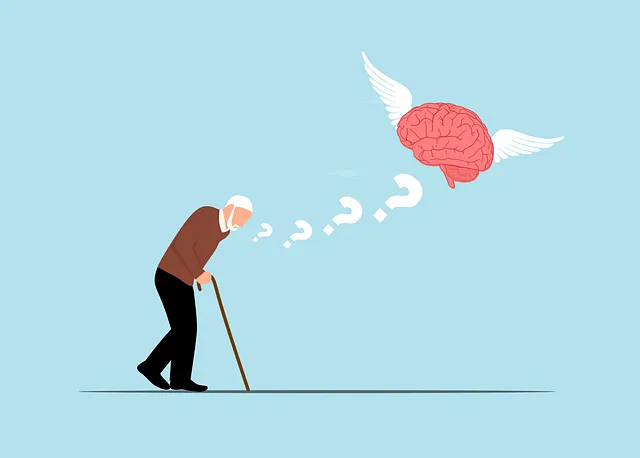
Media representation plays a pivotal role in shaping public perception and understanding of mental health. With the right storytelling, movies, TV shows, and articles can challenge stereotypes associated with mental illness, fostering empathy and compassion among audiences. Organizations like Kaiser Permanente mental health Highlands Ranch have recognized this potential and actively contribute to mental illness stigma reduction efforts through media engagement.
By showcasing diverse individuals grappling with various mental health conditions and emphasizing their resilience and recovery journeys, these platforms can counteract the negative portrayals often prevalent in mainstream media. This shift in narrative is crucial, as it promotes a more accurate understanding of mental health, encourages help-seeking behaviors, and fosters cultural sensitivity in mental healthcare practice. Moreover, it empowers individuals with mental illness, helping them feel less isolated and more supported within their communities.
Effective Advocacy and Policy Changes to Eradicate Mental Illness Stigma

To effectively reduce the stigma surrounding mental illness, advocacy groups and policymakers must work hand-in-hand. Organizations like Kaiser Permanente in Highlands Ranch have been at the forefront of this movement, championing mental wellness through comprehensive initiatives. They provide resources such as accessible Mental Wellness Journaling Exercise Guidance and Trauma Support Services, ensuring individuals receive the care they need without judgment.
Moreover, these efforts are bolstered by policy changes that promote open dialogue about mental health. By integrating Communication Strategies into healthcare systems, communities can foster understanding and empathy. This includes training professionals to respond sensitively to mental health concerns, as well as encouraging community discussions to dispel myths and misconceptions. Such proactive measures are crucial in creating an environment where people feel safe seeking help for their mental wellness.
Mental illness stigma reduction is a multifaceted approach requiring community engagement, media representation, advocacy, and policy changes. As seen at Kaiser Permanente mental health Highlands Ranch, understanding the impact of stigma on treatment can drive targeted initiatives. By implementing strategies that foster education and challenge stereotypes through media, we can create a more inclusive society. Advocacy efforts and policy changes are essential to eradicate mental illness stigma once and for all, ensuring individuals receive the support and care they need without fear of judgment or discrimination.
